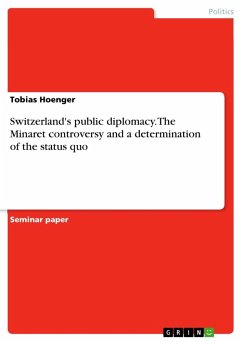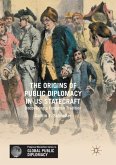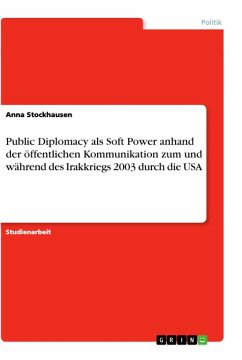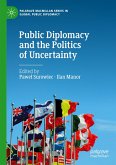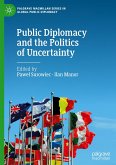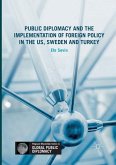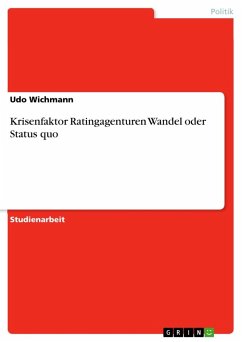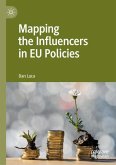Seminar paper from the year 2013 in the subject Politics - International Politics - Topic: Miscellaneous, grade: 100 (highest possible grade), , course: Workshop, language: English, abstract: It is the aim of this paper to explore Switzerland's public diplomacy efforts in the light of the "Minaret debate" (from 2007-2009). This case study could be seen as an example of Switzerland's public diplomacy effort to protect (maintain) the image of the country abroad. On the basis of the Minaret initiative, it is possible to extract and analyse the different parts of a public diplomacy theory by asking, inter alia, the following questions: Who was the actor? What was the foreign policy aim? Who was the target audience and what was the message used? What tools and channels did the actor use? The case analysis will further help to determine the status quo of Switzerland's communication abroad (and in this sense the public diplomacy). The "status quo" is thereby the situation in which the actor, "Presence Switzerland", operates nowadays (2013). In order to speak about the "status quo", and to draw some conclusions at the end, it is helpful to define the "status quo ante". In this sense, the author defines the "status quo ante" as the time before 2007 and the "status quo" as the time after 2007 until the present day. The reason for this clear cut is a change in the public diplomacy model; "Presence Switzerland" (the official public diplomacy agency in Switzerland) went through a changing process in the years from 2007 to 2009. The former PRS (Presence Switzerland) was an agency assigned from the government, with the task to conduct image branding abroad. It compromised members from the federal administration, members from partly state-run organizations and as well members from private organizations. Oppose to that, the later Presence Switzerland (from 2009) was a sub-agency of the Federal Department of Foreign Affairs, which means a complete government institution. Not least because of this differentiation, this paper will eventually provide an example of how a state actor conducts public diplomacy and therefore has the chance to contribute to the relatively young academic field of public diplomacy.

